If you’ve invested in a multi-unit property or are interested in doing so, you may have heard of Canada Mortgage and Housing Corporation’s (CMHC) change to multi-unit applications. CMHC now requires that all multi-unit applications for term loan applications include an appraisal, whereas previously this requirement only applied to properties with less than 25 units.
In this blog, we will go over what these changes mean, what an appraisal is, what to expect during the appraisal process, and how to prepare for a successful appraisal of your property.
Let’s break down the CMHC multi-unit appraisal requirements
|
Must be produced in accordance with applicable industry standards |
Completed by an independent appraiser holding an Accredited Appraiser Canadian Institute (AACI) designation (E.A. in QC). |
|
Contain three market valuation methods |
|
|
Completed within 12 months of the application date |
Real estate market conditions can change quickly, so having a recent appraisal is important and provides the most accurate information. |
What is a Property Appraisal?
In real estate, an appraisal is an unbiased professional opinion of a property’s value at a specific point in time. The valuation is completed by an accredited professional, such as a licensed appraiser, and takes into account factors like the location, market, age, condition, and square footage of the property. With multi-unit property appraisals, appraisers will take additional factors into consideration like potential rental income and occupancy rates.
What Criteria are Considered for a Multi-Unit Appraisal?
Due to the nature of a multi-unit property, the appraisal process will incorporate many factors. Here are a few of the categories that will usually be used to assess your property’s value.
- Potential Gross Income: Each unit of a multi-unit property has the potential to earn income in the form of rent and other fees like paid parking spaces. An appraiser will base your property’s potential gross income on the fair market rent of similar properties.
- Effective Gross Income: Effective gross income is potential gross income minus vacancy costs and credit losses.
- Normalized Operating Expenses: The overall operating costs of a property based on the typical or normal level of occupancy and usage.
What to Expect During the Appraisal Process
When it comes time to complete the appraisal, the appraiser will access a sample of rental units and observe the physical aspects of the property, both interior and exterior. Plan to follow alongside, or at least be nearby, the appraiser while they complete their valuation so you can answer any questions that may come up.
Don’t forget! Give your tenants ample notice before the appraisal will be completed. Provincial and territorial guidelines may vary, but 24-hour written or verbal notice is generally the minimum.
During the appraisal, all the key elements of the property will be evaluated – it’s the only way to get a true sense of the value and potential of the property. Here are some things an appraiser will take note of:
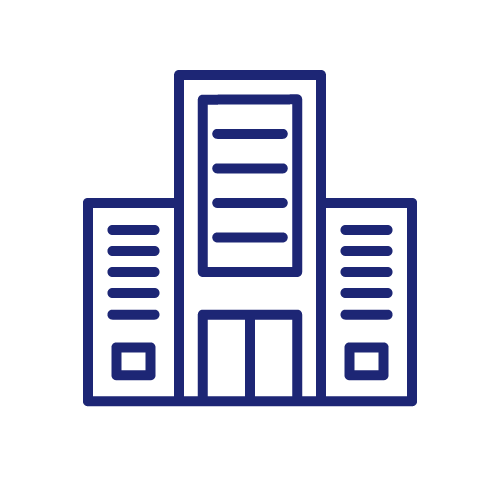
Quality of finishes for units and public areas |
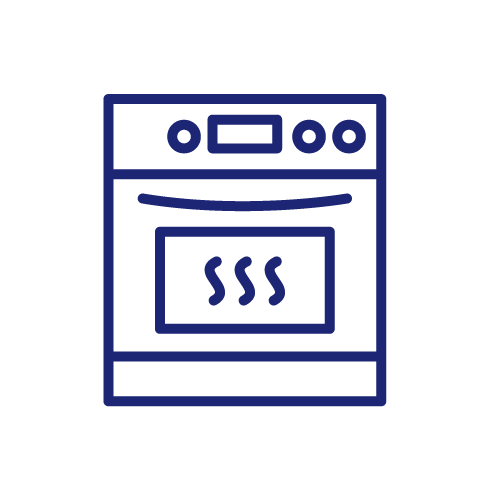
Personal property included in the rent (i.e. appliances) |
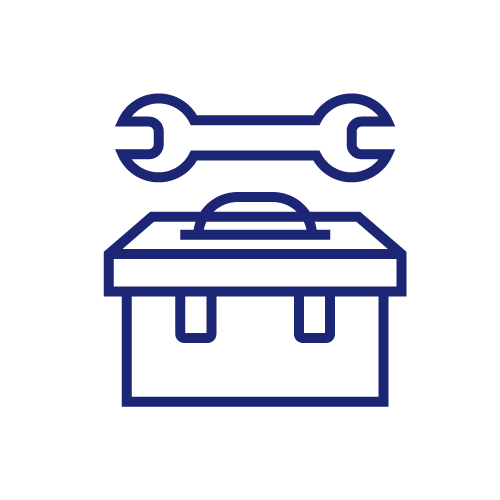
Recent renovations |
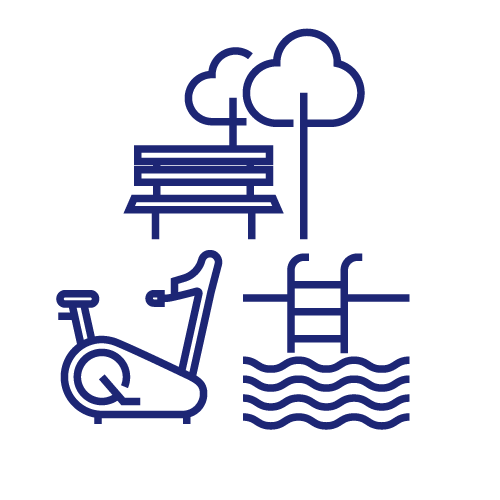
Amenities (Pool, gym, public rooms, etc.) |

Parking spaces |
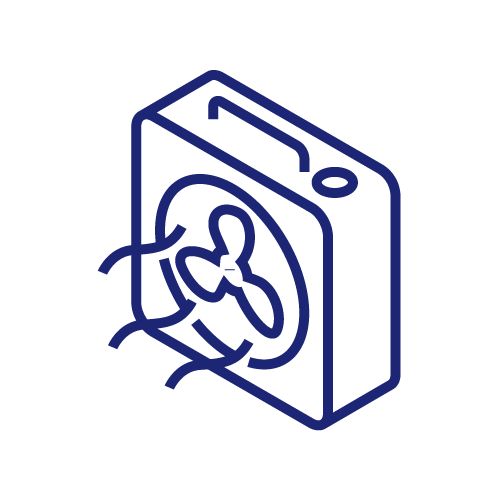
Air conditioning and heating |
A professional appraiser is responsible for reporting accurate findings, which means they will also include anything they see that is deteriorating, hazardous, or in need of repair.
How to Prepare for an Appraisal
Preparation is key when it comes to your appraisal. While the appraiser will prep by doing their own research about comparable properties and historical market data, having your own information readily available will be valuable during the appraisal process. Collect all documents related to your property like purchase agreements, lease agreements, and occupancy history. Make a list of renovations and property improvements you’ve completed on the property as well as the date they were completed.
Tips To Add Value to Your Multi-Unit Property
If you have an appraisal coming up, you may be looking for ways to increase the value of your property. Here are some options to consider before your appraisal.
- Upgrades Your Units: Fresh floors, a coat of paint, new appliances, all of these can improve the value of a rental unit allowing property owners to increase the rent to match.
- Improve Energy Efficiency: Incorporating energy-efficient upgrades is not only great for the environment but it can also help improve your property value. Consider options like solar panels, water-saving appliances, and smart home technology.
- Landscaping and Curb Appeal: Don’t underestimate the value of your exterior. A well-maintained property with visual appeal can positively impact your appraisal.
- Decrease Vacancy: Vacant units can’t contribute to your rental income, so look to fill any vacancies with quality tenants to improve your effective gross income.
- Evaluate Your Rent: Make sure the rent you charge is in line with the current market rents. Falling behind will mean less income for you and will impact the effective gross income.
Confidently Approach Your Appraisal
The appraisal process for a multi-unit property may seem daunting – especially if you’ve never experienced it before. Thankfully, the process is straightforward and something you can prepare for by doing your research in advance. Hopefully, the information in this blog will equip your upcoming appraisal. If you have any questions about appraisals or multi-unit properties, our team of experts would be happy to help!




